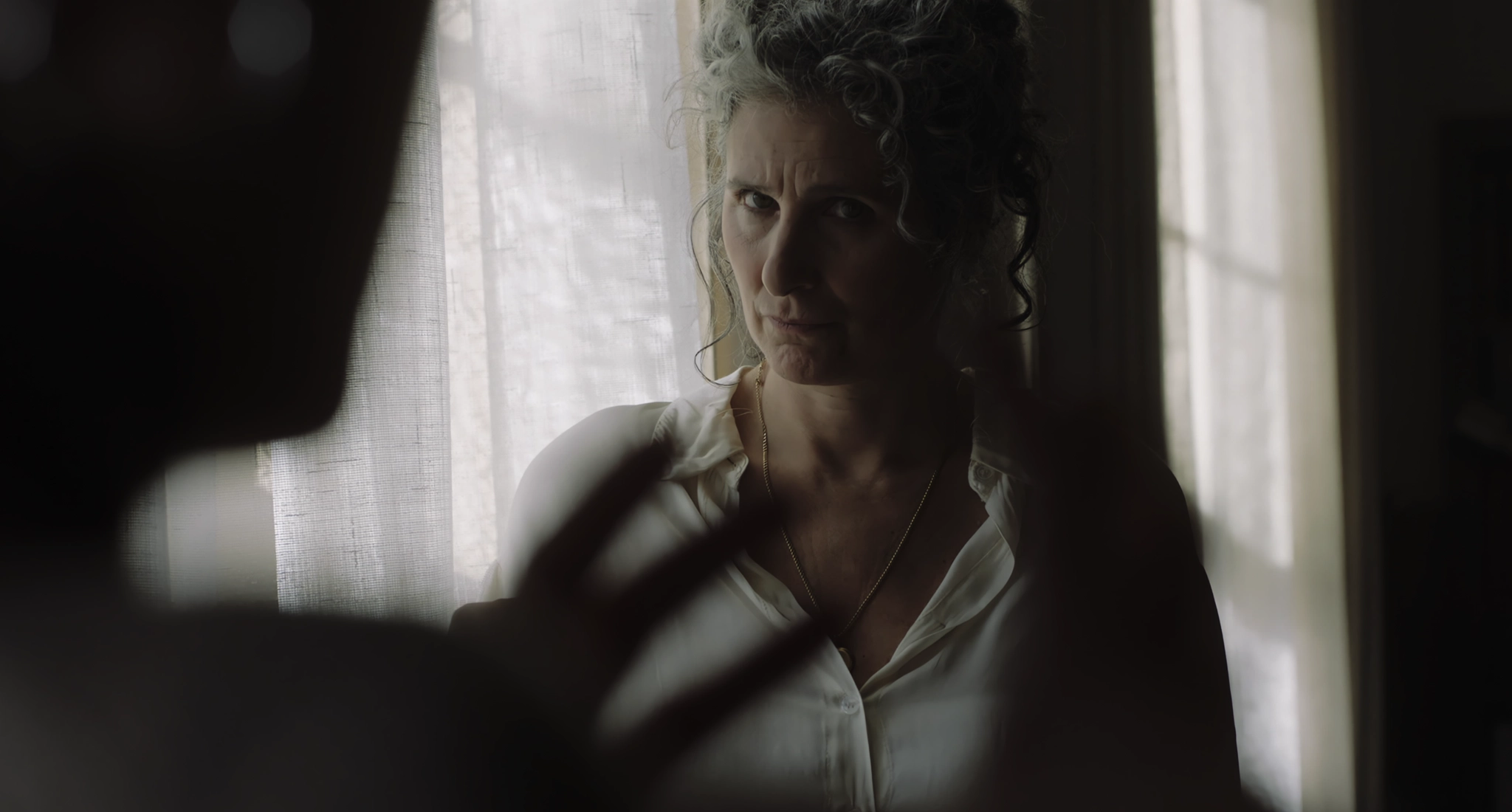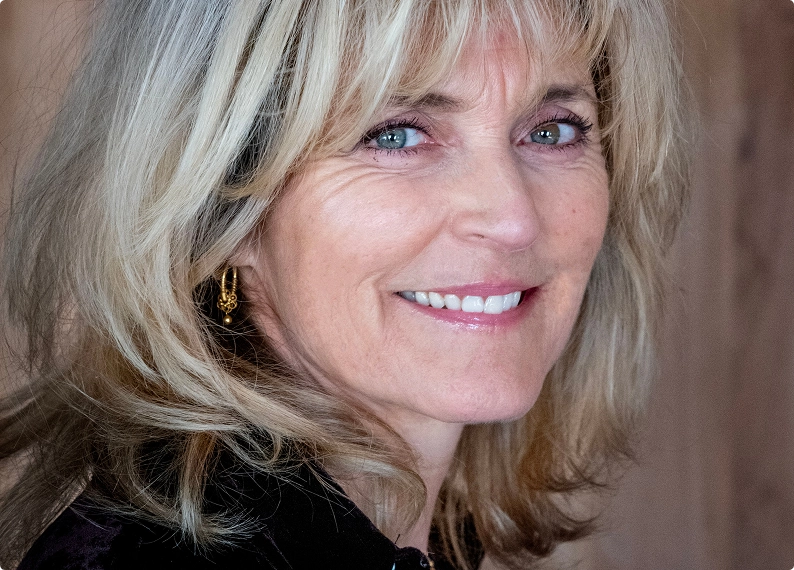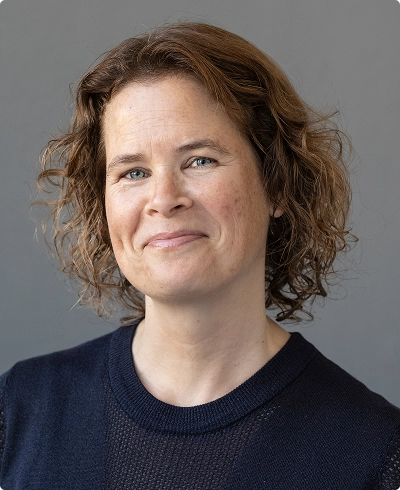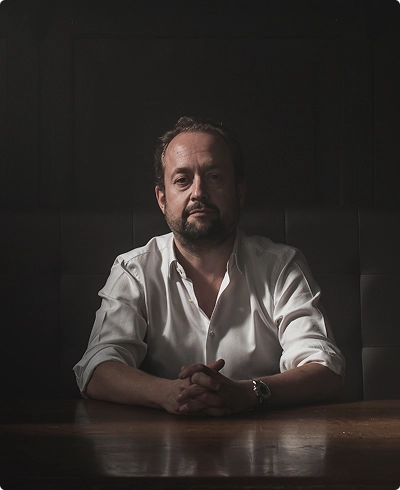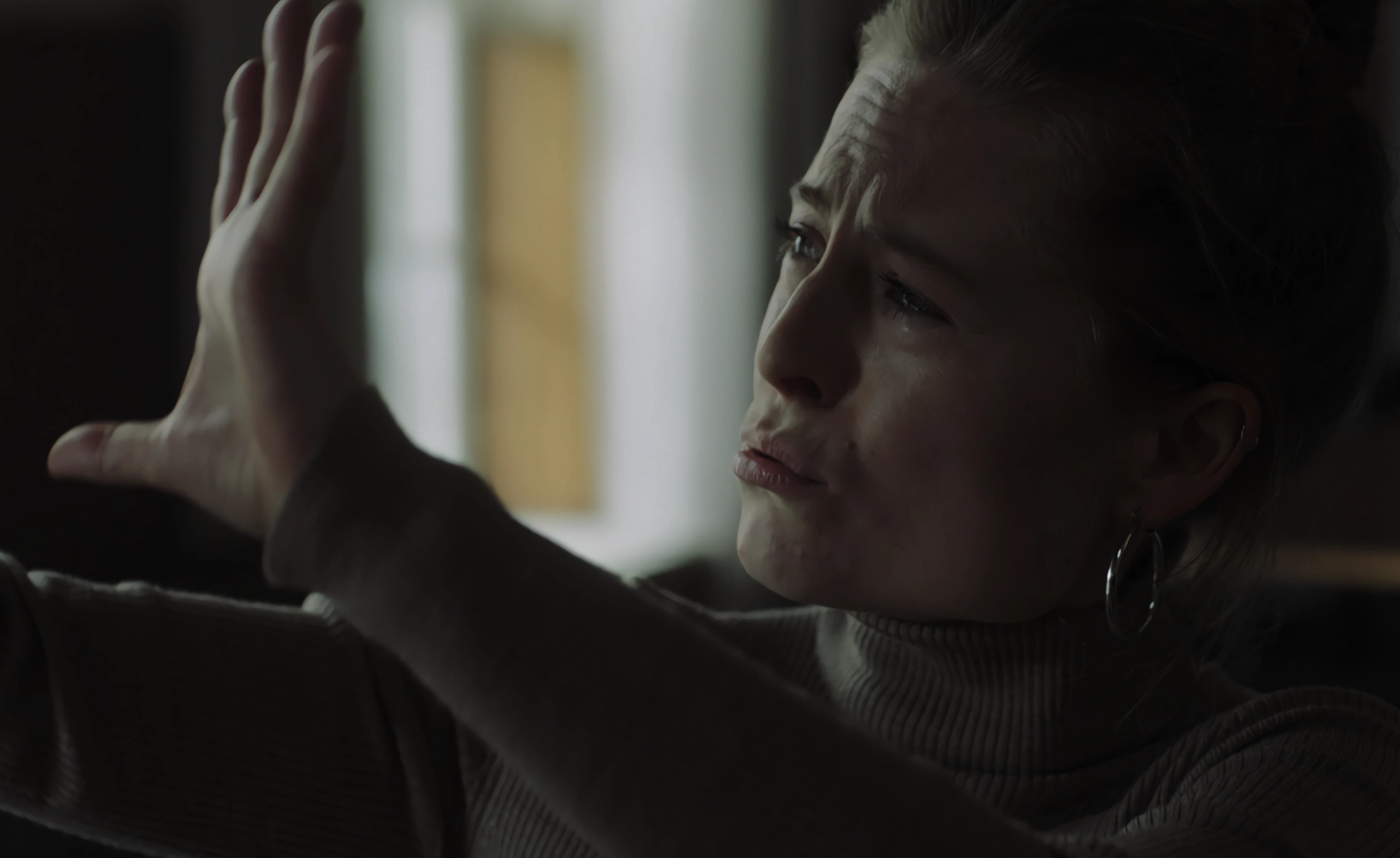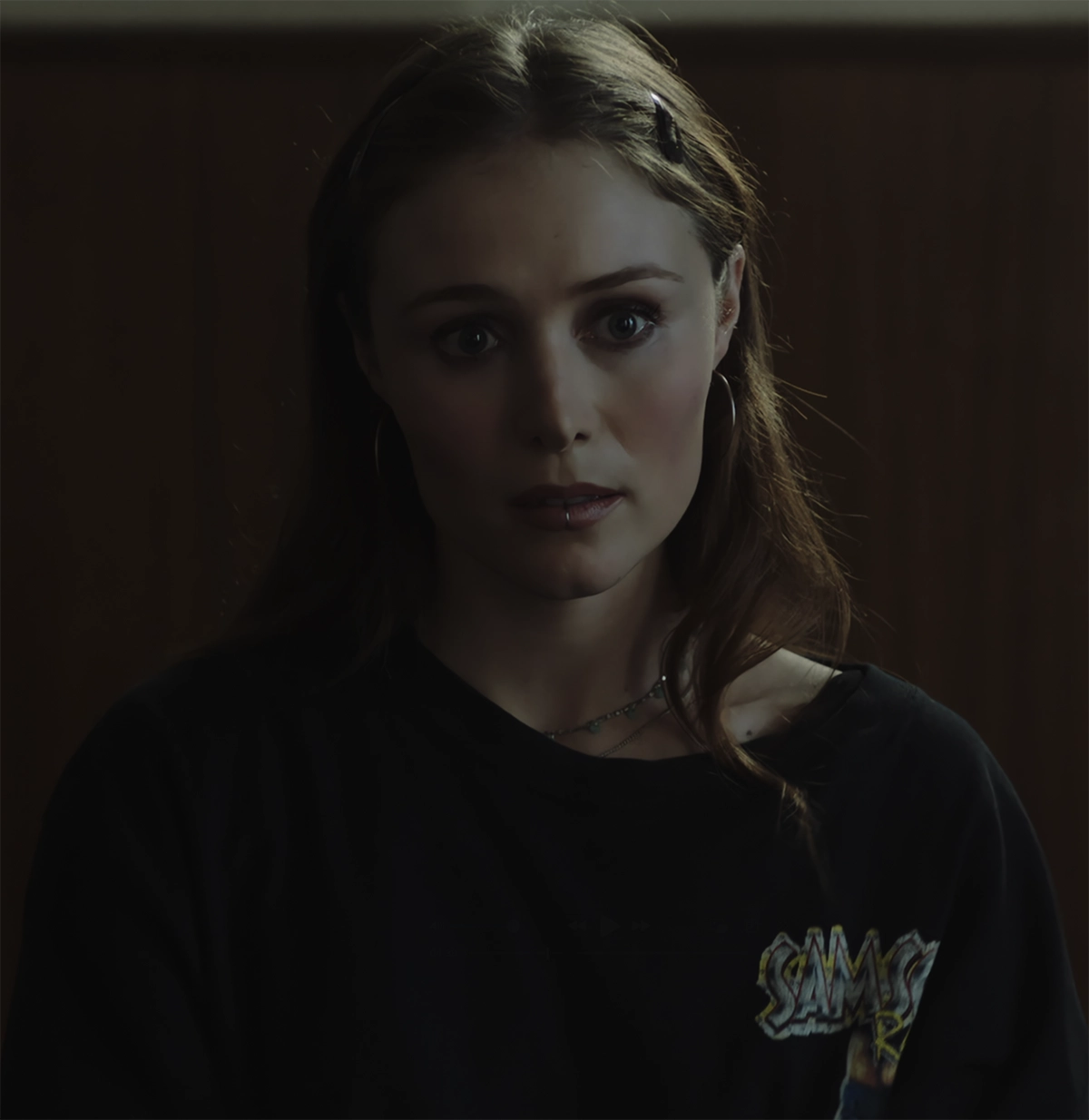My very first script, written while I was still an actress, also dealt with rape. The theme: A happy life is the best revenge. At the time, that belief helped me survive. But when I revisited the script years later and began researching, I found shocking statistics: after #MeToo, reports of sexual abuse rose by 60-70%, yet actual charges filed increased by only 1%. This made me realize how vast the group of people is who remain silent, whether silenced by others or by themselves.
A happy life is indeed the best revenge, a powerful and valuable response to inflicted misery, one I have personally benefited from. But breaking the silence must come first. Resurrection requires language. A voice. Before rewriting that script, I knew I had to write something about the necessity of breaking silence and its cost.
The #MeToo movement revealed not just shocking numbers of stories, but also a troubling backlash, often from older women dismissing the movement as humorless, prudish, and one-dimensional, warning younger women not to embrace "victimhood" as if it makes them weak. I find this critique inappropriate and troubling. Young women demand change, while an older generation warns against victimhood. But if you have been assaulted or raped, you are a victim, and that truth is not a weakness. Yet society often equates victimhood with weakness, as if acknowledging what happened diminishes you, rather than recognizing your resilience and survival.
The virality of #MeToo, the persistence of the wage gap, slut-shaming, women's vulnerability in public spaces, these make painfully clear that the promise of gender equality and safety remains unfulfilled. Unequal power dynamics and transgressive behavior are still deeply entrenched. The #MeToo movement has made it unmistakably clear that this is not about a handful of individual cases but about the systematic marginalization and oppression of women as a group.
Society urges survivors to speak out, yet we do not bear the consequences with them. We offer victims of sexual abuse little to no justice. Discouragement is often standard policy rather than an exception. Going to court in sexual abuse cases can feel like a second violation. There is something fundamentally wrong in how we deal with victims of sexual violence.
I hope this film broadens awareness of the devastating impact of sexual violence and the corrosive weight of silence. I hope it encourages survivors to reclaim their voices and sparks deeper reflection and discussion in audiences worldwide. And I hope it reveals how decisive the role of the bystander is, how silence isn't just the survivor's burden, but a choice made by everyone who witnesses and does nothing.
- Marnie Blok












